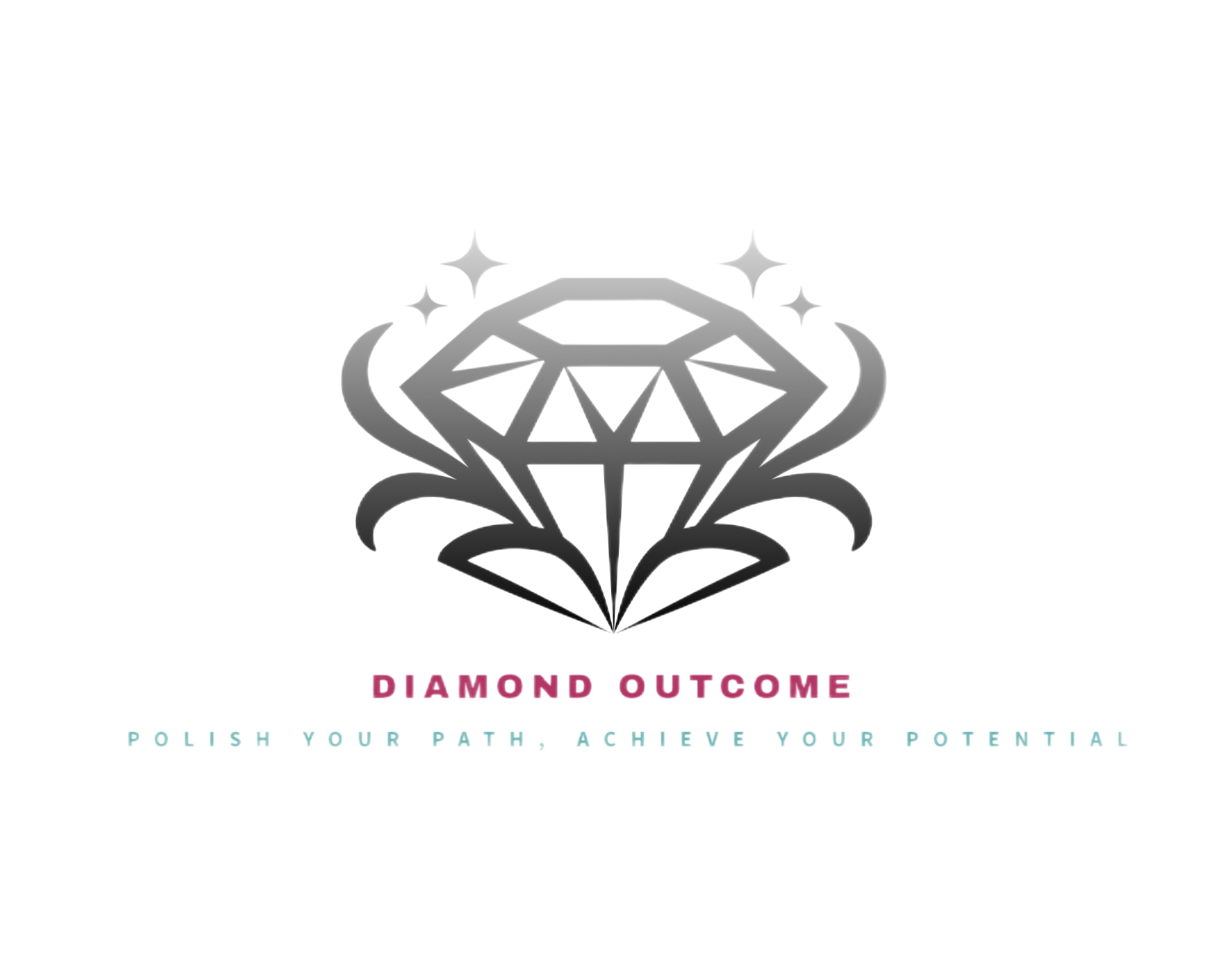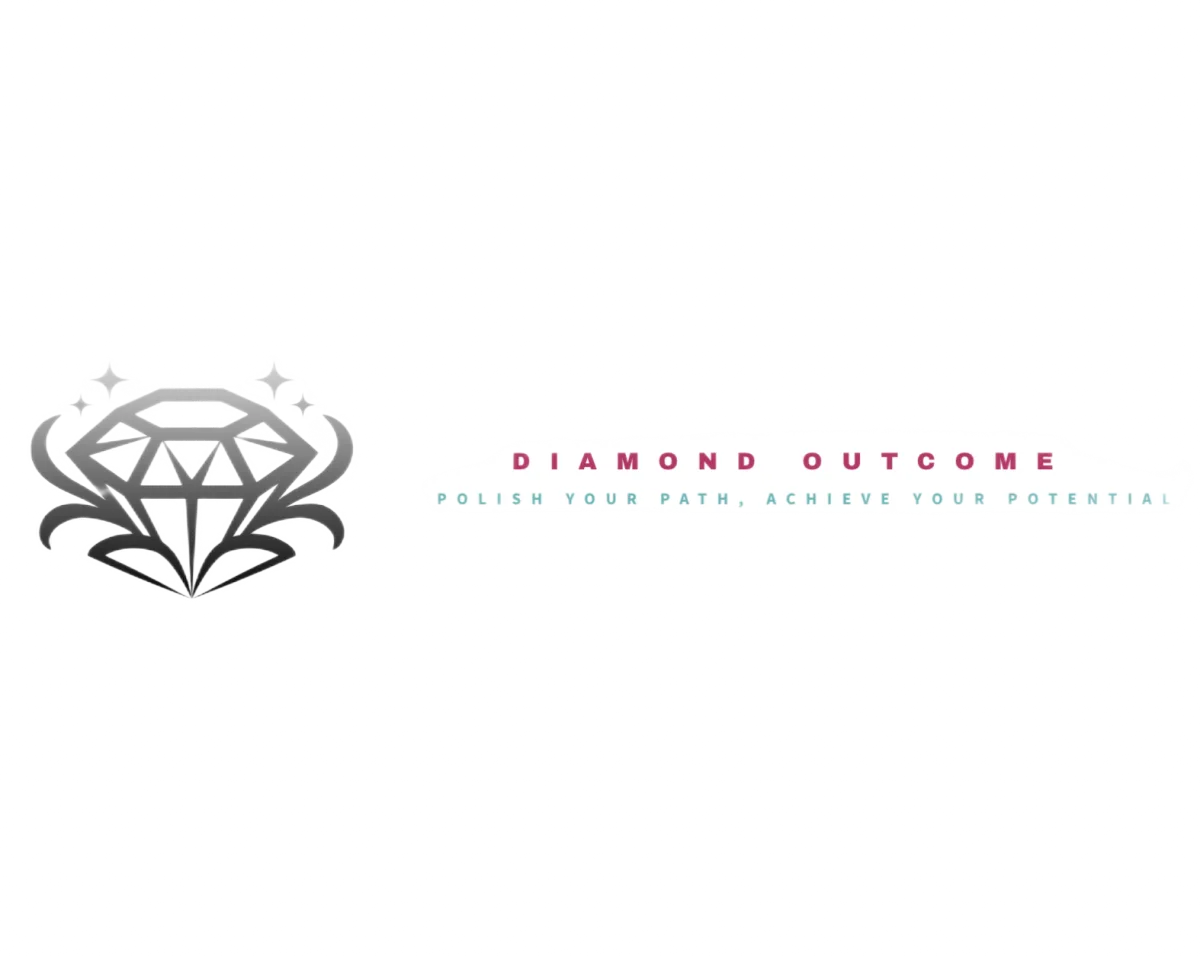BLOG
Discover transformative insights, practical strategies, and inspiring stories to guide your personal growth journey.

Why Self-Compassion is Key to Achieving Your Full Potential
“You yourself, as much as anybody in the entire universe, deserve your love and affection.” – Buddha
Introduction
In today’s world, the pressure to constantly improve and achieve is overwhelming. We’re often taught that being self-critical and relentlessly pushing ourselves is the best path to success. But what if the opposite is true? What if the key to unlocking your full potential lies not in self-criticism but in self-compassion?
Self-compassion is a practice that is often overlooked but can significantly impact personal growth, well-being, and overall success. It is a transformative approach that allows you to embrace yourself fully, flaws and all, and propels you toward achieving your goals in a healthier, more sustainable way.
In this article, we will explore what self-compassion is, why it is essential for achieving your full potential, and how you can cultivate it in your own life.

What is Self-Compassion?
Self-compassion, as defined by psychologist Dr. Kristin Neff, involves treating yourself with the same kindness, understanding, and support that you would offer to a friend facing a challenge or experiencing failure. It consists of three main components:
1. Self-kindness: Instead of being overly critical and harsh with yourself, self-compassion means treating yourself with warmth and care, especially when you make mistakes or face setbacks.
2. Common humanity: Recognizing that suffering, failure, and imperfections are part of the shared human experience. You are not alone in your struggles, and it’s okay to face challenges just like everyone else.
3. Mindfulness: Being aware of your thoughts and emotions without becoming overwhelmed by them. Mindfulness involves observing your inner experiences without judgment, allowing you to approach your feelings with curiosity and compassion.
Self-compassion is not the same as self-pity or being indulgent with yourself. Rather, it’s about developing a healthy and supportive relationship with yourself. By practicing self-compassion, you create the emotional resilience necessary to grow, improve, and reach your full potential.
The Impact of Self-Criticism
Before we dive into the benefits of self-compassion, it’s essential to understand the detrimental effects of its opposite—self-criticism.
Many of us believe that being hard on ourselves will motivate us to do better. However, research shows that self-criticism often leads to negative outcomes, including lower self-esteem, anxiety, and even depression. When we criticize ourselves harshly, we create a sense of shame and inadequacy that can paralyze us and prevent growth.
Self-criticism can make us fear failure, causing us to avoid taking risks and trying new things. It can also lead to burnout, as we constantly push ourselves to meet unrealistic standards, resulting in exhaustion and decreased productivity. Ultimately, self-criticism stifles creativity, innovation, and resilience—the very qualities we need to achieve our full potential.
How Self-Compassion Unlocks Your Potential
Now that we understand the harmful effects of self-criticism, let’s explore how self-compassion can lead to transformative growth and success.
1. Self-Compassion Fuels Motivation and Resilience
Contrary to the belief that self-compassion makes you complacent, it actually strengthens your motivation to improve. When you treat yourself with kindness and understanding, you create a safe emotional environment that encourages growth. Instead of being paralyzed by fear of failure, you are more likely to take risks and learn from your mistakes.
Self-compassion also builds resilience. Life is full of challenges, and setbacks are inevitable. However, when you approach these challenges with self-compassion, you are better equipped to bounce back from failures. You acknowledge that mistakes are part of the learning process, and rather than dwelling on them, you focus on how to move forward.
2. Self-Compassion Reduces Stress and Anxiety
When we are constantly criticizing ourselves, we create an ongoing state of stress and anxiety. This self-imposed pressure can make it difficult to think clearly, make decisions, and perform at our best.
Practicing self-compassion reduces this stress by allowing us to accept our imperfections and be at peace with who we are. By offering ourselves understanding and support, we create a sense of emotional calm that enables us to handle challenges more effectively. Reduced stress leads to better mental clarity, improved focus, and increased productivity—all of which are crucial for achieving your goals.
3. Self-Compassion Enhances Creativity and Innovation
Creativity thrives in environments where individuals feel safe to experiment, take risks, and explore new ideas. When you are constantly criticizing yourself, your brain goes into survival mode, focusing on avoiding mistakes rather than generating creative solutions.
Self-compassion creates the psychological safety necessary for creativity and innovation. By removing the fear of failure, you allow yourself to think more freely, take creative risks, and explore new possibilities. This openness to experimentation leads to greater problem-solving abilities and more innovative ideas, helping you unlock your full creative potential.
4. Self-Compassion Improves Relationships
Achieving your full potential isn’t just about personal success—it’s also about building meaningful relationships and connecting with others. When you practice self-compassion, you are more likely to extend that compassion to others, leading to stronger and more empathetic relationships.
Self-compassion allows you to approach relationships with greater emotional intelligence. You are less defensive and more open to feedback, which can lead to deeper connections and more effective communication. In turn, these supportive relationships can provide you with the encouragement and inspiration needed to achieve your personal and professional goals.
How to Cultivate Self-Compassion
If self-compassion doesn’t come naturally to you, don’t worry—it’s a skill that can be developed with practice. Here are a few strategies to help you cultivate self-compassion in your daily life:
1. Practice Self-Kindness: Start by noticing when you are being overly critical of yourself. Replace negative self-talk with kind and supportive words, just as you would for a close friend. Acknowledge that it’s okay to make mistakes and that they are a normal part of the human experience.
2. Acknowledge Your Shared Humanity: Remember that you are not alone in your struggles. Everyone faces challenges, and it’s important to recognize that failure is part of being human. By acknowledging this shared humanity, you can approach your difficulties with more compassion.
3. Practice Mindfulness: Take time to observe your thoughts and feelings without judgment. Mindfulness helps you become aware of your inner experiences and allows you to respond to them with kindness and understanding. Try incorporating mindfulness practices, such as meditation or deep breathing, into your routine.
4. Keep a Self-Compassion Journal: Write about moments when you were hard on yourself and reflect on how you could have responded with more compassion. Use your journal as a space to explore your feelings and practice self-kindness.
5. Embrace Imperfection: Understand that perfection is not attainable, and striving for it can be exhausting. Embrace your imperfections and recognize that they are what make you unique and human.
Conclusion
Self-compassion is not a sign of weakness or complacency—it is a powerful tool for achieving your full potential. By treating yourself with kindness, acknowledging your shared humanity, and practicing mindfulness, you can build the emotional resilience necessary to grow, improve, and thrive.
As you cultivate self-compassion, you will find that you are better equipped to handle challenges, embrace your creativity, and form deeper relationships. Ultimately, self-compassion paves the way for personal growth and success, allowing you to reach heights you never thought possible.
Diamond Deep Work: Self-Care Letter
Take 5 minutes today to write a “compassionate letter” to yourself. In this letter, address any recent challenges or setbacks with kindness and understanding. Imagine you’re writing to a friend who’s gone through the same experiences. After writing, read the letter out loud to yourself and notice how it shifts your perspective!
Receive Diamond Insights
© 2024 Diamond Outcome, LLC. All Rights Reserved.

